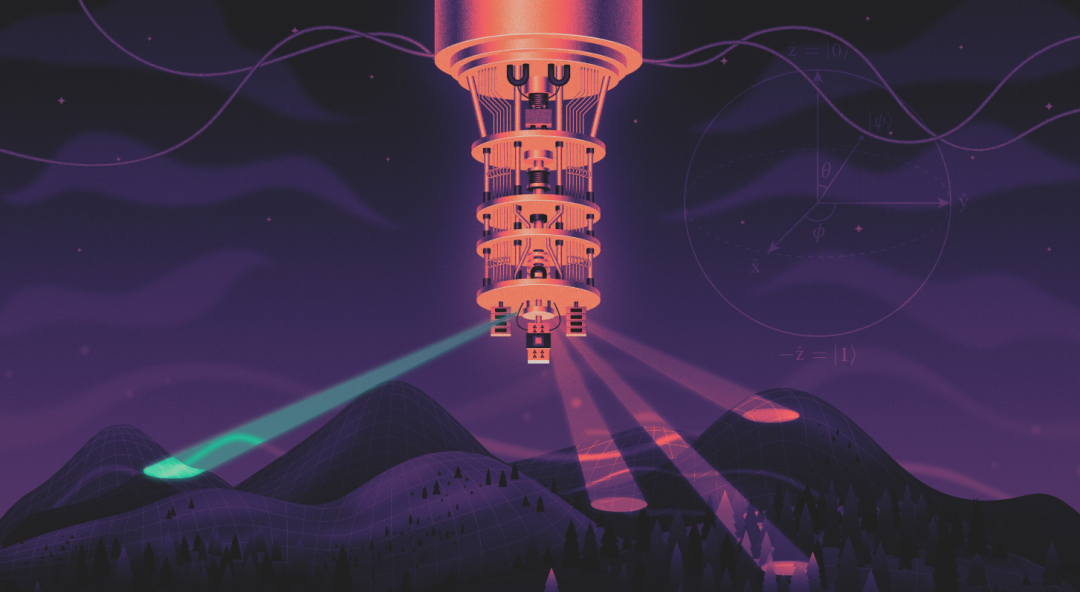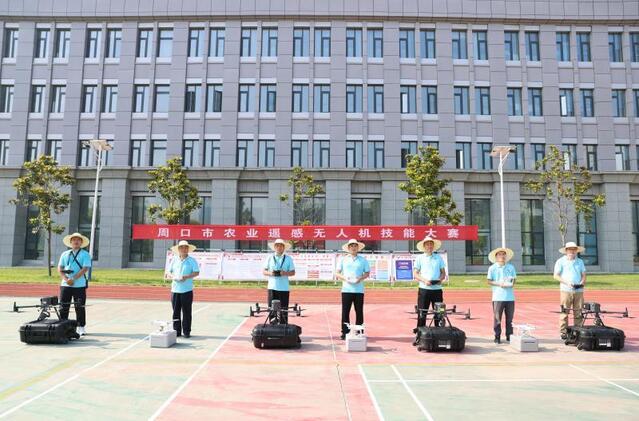Quantum algorithm conquered a new problem
Author:Data School Thu Time:2022.08.06

Source: scienceai
This article is about 2100 words, it is recommended to read for 9 minutes
Will there be many other problems from the quantum world that can be resolved from almost impossible to solve?

In 1994, a mathematician came up with what to make quantum computers complete what the ordinary classic computer could not do. This work shows that in principle, a machine based on quantum mechanics rules can effectively decompose a large number of numbers into its main factors -for classic computers, this is a very difficult task. The foundation of Internet security.
What followed was an optimistic emotion. Perhaps researchers believe that we will be able to invented quantum algorithms that can solve a large number of different problems.
But progress has stagnated. This is a bit disappointing. Ryan O’donnell, the University of Carnegie Mellon, said that people would say, "This is great, I believe we will get all other amazing algorithms." There is no fact. Scientists only discovered a significant acceleration of single and narrow categories in standards called NP, which means that they have effective verifying solutions -such as factor decomposition.
This is the case in the past three years. Then in April, researchers invented a new problem, and quantum computers should be able to solve the problem faster than classic computers. It involves the input of complex mathematical processes based on its chaotic output. This problem exists alone, or the first problem in many other issues is yet to be determined.
There is a sense of excitement. Computer scientist Vinod Vaikuntanathan, a computer scientist at Massachusetts Institute of Technology, said that many people are thinking about what else is outside.
Computer scientists are trying to study their mathematical models by studying their mathematical models to understand what aspects of quantum computers do better. Usually, they imagine the model of a quantum or classic computer with the ideal computer pairing known as the prophetic machine. The prophecy machine is like a simple mathematical function or computer program to accept the input and output predetermined output.
They may have random behavior, if input in a random range (e.g., 12 to 67) output, otherwise output is not. Or they may be periodic, so the input return between 1 and 10 is generated, from 11 to 20, and from 21 to 30, it is generated again.
Suppose you have one of these periodic prophecies, but you don't know the cycle. All you can do is to enter the number to see what it outputs. Under these restrictions, how fast the computer can find the cycle at a fast speed? In 1993, Daniel Simon at the University of Montreal discovered that quantum algorithms could calculate the answers to close related questions faster than any classic algorithm.

This result enables Simon to determine one of the initial signs of the quantum computers in which aspects have significant advantages. But when he submitted his paper to a major meeting, it was rejected. However, this paper did cause the interest of a junior member of the conference project committee, Peter Shor, who worked in Bell Laboratory in New Jersey at the time.
SHOR continues to discover that he can adjust the Simon algorithm to calculate the cycle of the prophet, if it has it. Then he realized that he could adjust the algorithm again and solve the equation similar to a periodic prediction: describing the equation of the factor decomposition, which is periodic.
The result of SHOR is historic. The quantum algorithm he found can quickly simplify huge numbers into their composition factor, which cannot be done by any known classic algorithm. In the following years, researchers discovered other effective quantum algorithms. Some, such as SHOR algorithms, even provide index advantages, but no one can prove that it has significant quantum advantages on any non -periodic NP issue.
Due to the lack of progress, the two computer scientists of the University of Texas' Scott Aaronson and the Andris Ambainis at the University of Lativia observed. The proof of quantum advantages always seems to depend on a prophecy with some non -random structure, such as periodicity. In 2009, they speculated that random or non -structured NP issues would not be significantly accelerated; no one could find an exception.
Their conjecture limits the ability of quantum computers. But it only says that the non -structured NP question of specific types -those answers or not -have not accelerated significantly. If a question involves finding more specific and quantitative answers, that is, the so -called search question, then this conjecture is not applicable.
Considering this, researchers at NTT Social Information Laboratory Takashi Yamakawa and Mark Zhandry at the University of NTT Research and Princeton University decided to test a specific search problem proposed by Oded Regev in 2005.
Imagine a group of vane in the same direction. Give them each of them with restrained push, and then let the gusts affect their direction. Regev wants to determine the position they initially pointed according to their final direction. A problem like this was later called an error learning, because thrust and wind are like a source of random errors in the original direction. Evidence shows that both classic algorithms and quantum algorithms are difficult to solve. Yamakawa and Zhandry adjusted the settings. They modified these starting forces to make them easier to predict. They also determined the wind by a random god, so it was even more random in some cases, but in other cases, it was completely dormant.
Through these modifications, the researchers found that the quantum algorithm can effectively find the initial direction. They also prove that any classic algorithm must slow down with index factor. Like SHOR, they subsequently adjusted the algorithm to solve the real version of the problem, and replaced the predictions with the actual mathematical equation.
Computer scientists are still trying to understand and solve this problem. Vaikuntanathan compares it different from the different situations when the data compression is compressed: when the information is compressed, the two bit may be accidentally squeezed to the same place to cover them. There are some similarities that predict these collisions in advance to avoid their problems. This is a kind of problem that basically looks like this. He said that maybe these problems can be solved in quantum.
It is hoped that even in the quantum computer version that has just started today, non -structured problems such as new problems can be solved, thereby providing a way to test them. The idea at the time was that non -structured issues may require less resources to program, or they are not very sensitive to noise, because they are already random. But so far, for existing quantum computers, this new problem seems to be too advanced and cannot be resolved. This is a strange problem. I never thought of defining it. Aaronson said, but in retrospect, it has some very good features.
The result provides the first example of a significant quantum advantage on non -alternative NP. Will there be many other problems from the quantum world that can be resolved from almost impossible to solve? There are more reasons now.
This subverts our views on what problems we are good at solving quantum computers. O’donnell said.
Related reports:
https://www.quantamagazine.org/quantum-algoriths-conquer-a-new-kind-problem-20220711//20220711//20220711/
Edit: Huang Jiyan
- END -
Why is "you look far away when you look at me, you look close to the cloud"?Because Yun really looks good!

Knowledge is power 08-03 09:39You look at me in a while, and look at the cloud for...
Zhoukou Agricultural Remote Sensing UAV Technology Contest started in Dancheng

Zhoukou Daily · Zhou Dao client reporter Xu Song Ren Fuqiang text/pictureFang -sh...